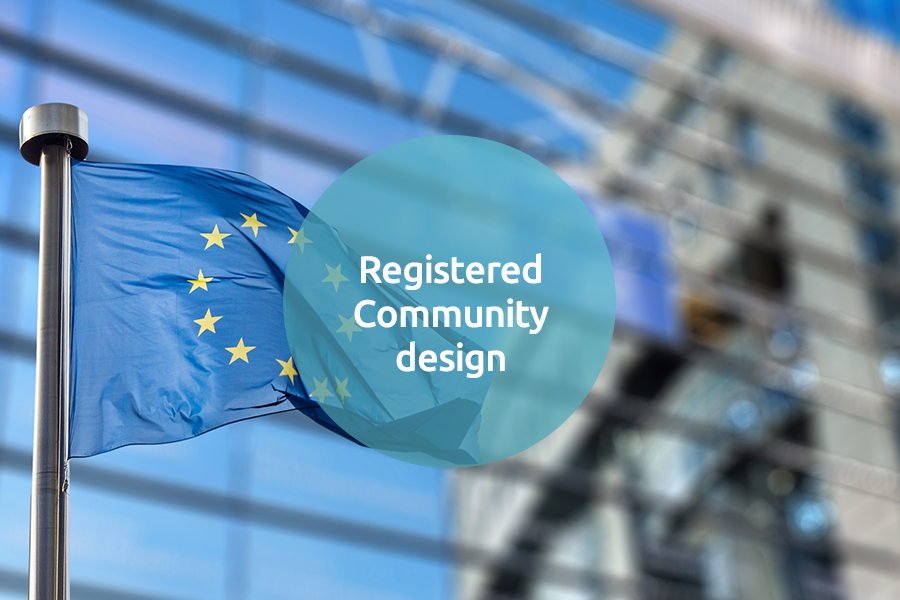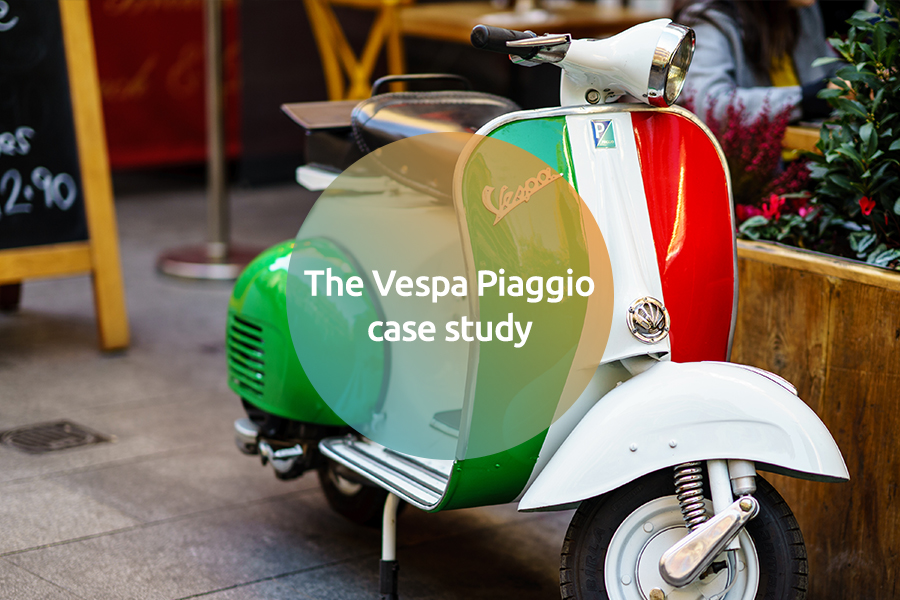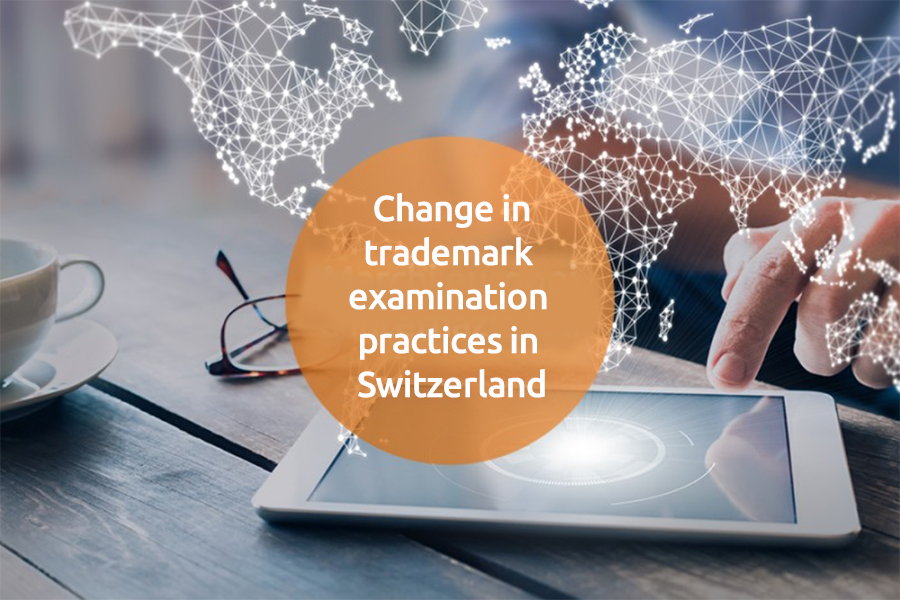A recent decision of the Court of Milan addressed the right to a fair reward which is available, in certain circumstances specified by patent law, to an employee working within the scope of his or her employment who contributes to an invention.
Background
Pursuant to Article 60.1 of the European Patent Convention, if an inventor is an employee the rights to a European patent are determined in accordance with the law of the member state where the employee is employed.
Pursuant to Article 64.1 of the Italian Industrial Property Code, when an employee creates an industrial invention and invention is the object of the employment relationship, the rights deriving from the invention belong to the employer, which has no obligation to provide further compensation (subject to the employee’s right to be recognised as the inventor). In contrast, Article 64.2 of the code provides that when no remuneration is foreseen as compensation for the inventive activity in the employment contract, the inventor can claim a reasonable and fair reward if the employer or its successors in title obtain a patent or use the invention as knowhow.
Facts
The plaintiff was an employee of Süd Chemie Catalysts Italia ('Süd italia', now Clariant Prodotti Italia, part of the Süd group) from 1985 to 2005. In his role as an employee the plaintiff contributed to a technical solution that ultimately resulted in European Patent 1509323B1, in which he was named as an inventor. The plaintiff received no additional compensation or reward from the employer for the invention. Since, according to the plaintiff, his inventive activities fell outside the object of his employment relationship (ie, Article 64.1 of the code did not apply), in July 2013 he filed a request before the Court of Milan to enforce his right to a fair reward pursuant to Article 64.2 of the code.
The history of the patent and the relationship between the various Süd entities is somewhat complex. Based on company policy, the right to file a patent was transferred by Süd Italia to the US subsidiary, Süd USA Inc, which filed an international patent application (PCT/US2002/15310) and a US patent application. In June 2002 the plaintiff executed an assignment agreement, transferring his rights in the invention to Süd USA. The European phase of the international application was carried out by another subsidiary, Süd Chemie AG, which owned the patent.
Clariant, the named defendant, asked the court to reject the plaintiff’s claim for a fair reward on the following grounds:
-
The inventor’s claim was directed to the wrong entity, because the patent was granted to and held by Süd AG.
-
The inventor was not entitled to claim a fair reward because he assigned his rights to Süd USA.
-
The inventor’s claim was filed after the expiration of the 10-year prescription period provided under Italian law.
-
Although the patent was granted, it did not fulfil the necessary requirements for patentability.
Court of Milan decision
In October 2015 the Court of Milan rejected each of the defendant's arguments, as follows:
-
The inventor’s claim was correctly raised against Clariant since it was the successor in title of the company that was the direct employer of the inventor in Italy at the time when he made his contribution to the invention.
-
The inventor was entitled to claim a fair reward under Article 64.2 of the code, notwithstanding his assignment of rights to Süd USA. The assignment of rights was irrelevant to the determination of the right to a fair reward because it was in effect the US equivalent of an assignment to an employer in Italy under Article 64.2 of the code.
-
Since the right to a fair reward provided by Article 64.2 concerned granted patents, the prescription period started on the date when the patent granted (July 25 2007) – not the date when the application was filed or the date of assignment – and therefore it had not expired.
-
When assessing the right to a fair reward, the patent is presumed to be valid. In this context, any incidental issues with respect to patent validity were irrelevant.
Thus, the court held that the inventor was entitled to a fair reward under Article 64.2 of the code.
Comment
The Court of Milan's decision clarifies certain aspects of the right to a fair reward for an inventor contributing to an invention while working as an employee in Italy under Article 64.2 of the code. It confirms that in this context, the validity of a granted patent will be assumed without further consideration. Further, it also confirms that the responsibility to provide a fair reward falls on the inventor’s direct employer at the moment when the invention is created, or to its successors in title, even if the existing proprietor of the granted patent is a different entity. Finally, the decision clarifies that the inventor’s assignment of rights does not, by itself, affect his or her right to a fair reward in connection with the grant of an Italian or European patent. Indeed, in this situation the assignment of rights in an invention to the inventor’s employer coexists with the further and separate right of a fair reward to the inventor under Article 62.2 of the code.
Overall, the decision is consistent with the existing legal interpretation of the scope of Article 64.2 and provides important guidance for the application of this rule in complex cases.





